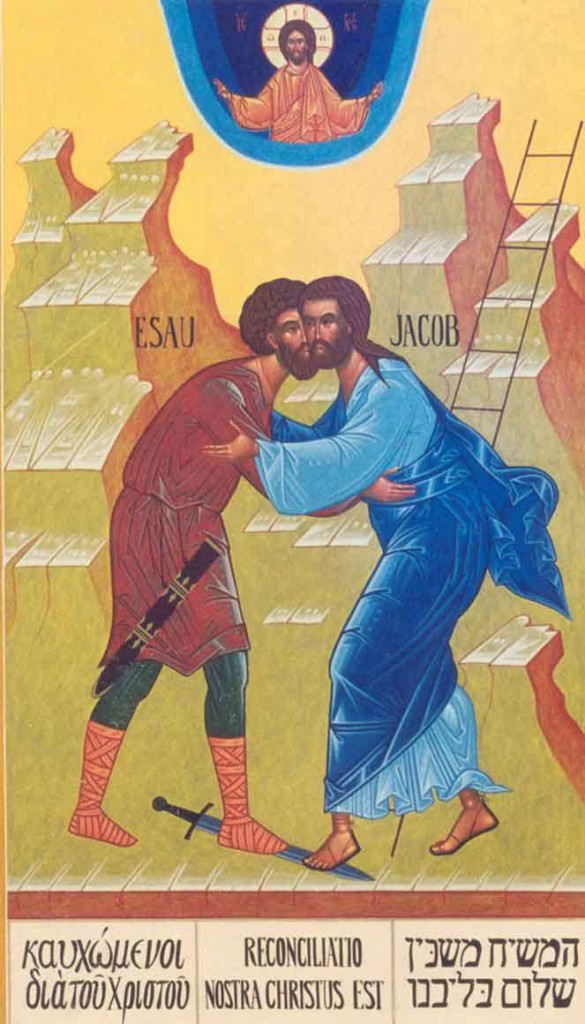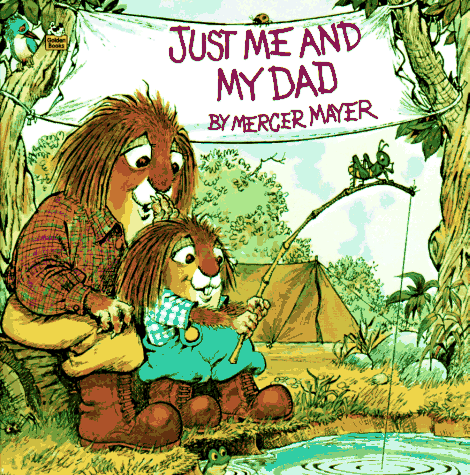Previously, in Romans: Paul completed an eight chapter-long tour of God’s good news in Jesus, given to Jews first, and then to Greeks.
Romans 9:1-18
9 I am speaking the truth in Christ—I am not lying; my conscience confirms it by the Holy Spirit— 2 I have great sorrow and unceasing anguish in my heart. 3 For I could wish that I myself were accursed and cut off from Christ for the sake of my own people, my kindred according to the flesh. 4 They are Israelites, and to them belong the adoption, the glory, the covenants, the giving of the law, the worship, and the promises; 5 to them belong the patriarchs, and from them, according to the flesh, comes the Messiah, who is over all, God blessed forever. Amen.
6 It is not as though the word of God had failed. For not all Israelites truly belong to Israel, 7 and not all of Abraham’s children are his true descendants; but “It is through Isaac that descendants shall be named for you.” 8 This means that it is not the children of the flesh who are the children of God, but the children of the promise are counted as descendants. 9 For this is what the promise said, “About this time I will return and Sarah shall have a son.” 10 Nor is that all; something similar happened to Rebecca when she had conceived children by one husband, our ancestor Isaac. 11 Even before they had been born or had done anything good or bad (so that God’s purpose of election might continue, 12 not by works but by his call) she was told, “The elder shall serve the younger.” 13 As it is written,
“I have loved Jacob,
but I have hated Esau.”
14 What then are we to say? Is there injustice on God’s part? By no means! 15 For he says to Moses,
“I will have mercy on whom I have mercy,
and I will have compassion on whom I have compassion.”
16 So it depends not on human will or exertion, but on God who shows mercy. 17 For the scripture says to Pharaoh, “I have raised you up for the very purpose of showing my power in you, so that my name may be proclaimed in all the earth.” 18 So then he has mercy on whomever he chooses, and he hardens the heart of whomever he chooses.

Points of Interest:
- ‘I am not lying’ – Paul isn’t, and I’ll try not to! Romans 9-11 is challenging material. Some readers have viewed it as the centerpiece of the whole letter, and others have wondered if it was a tangent that went out of control but then unedited. Like all of Romans, scholars and pastors and priests have had vociferous disagreements over its meaning. But for some of us, this section can feel more abstract, less immediately relevant, and so tougher to slog through than the rest of the book. Paul is clearly getting personal here, but he’s also trying to wrestle through the implications of the good news of Jesus for God’s larger story and character. Let’s see where that takes him, and us.
- ‘I have great sorrow and unceasing anguish’ – This is an unusually intense way of phrasing the idiom about losing sleep over something. Here it’s Paul’s pain that most of his fellow first century Jews did not receive Jesus as God’s great gift to them. What does this say about God, and about history, and about Paul’s own culture and people? If you’re Jewish yourself, or closely connected to Jews you care about, you may share these questions. But even if not, we all wonder what it says that some people we love lack interest in Jesus. This raises some of the same questions for us about God and about them. Perhaps we can enter into this material sensitive to that.
- ‘for the sake of my own people, my kindred according to the flesh’ – Calvinist theological traditions have viewed these chapters as an affirmation of the inherent worthlessness of humanity and the justice of a God who freely chooses to have mercy on some humans and reject others. We’re reminded again in the introduction that Paul isn’t developing a cold-hearted, abstract theological system. Rather, he’s trying to come to terms with a personal and painful dilemma. His cousins, his mentors, and likely his parents and his siblings – along with the majority of his culture – seem to have cut themselves off from Jesus. Paul would give away what he has for the chance for them to have it. And so again, how can he and the Romans and we come to terms with this tension that some respond to Jesus gladly and with faith, and others do not?
- ‘to them belong the adoption, the glory, the covenants…’ – Earlier in Romans, Paul made the point that Jews have no more honor or privilege than Gentiles – we are all in this together. Now Paul reminds his mixed Jewish/Gentile house churches in Rome of just how wonderful and beautiful has the Jewish experience been. An implication here is also just how much Gentile followers of Jesus owe to the Jewish experience. Rome was a hotbed of anti-Semitism, and Paul offers a strong correction to any of that attitude that might have filtered into the house churches.
- ‘from them, according to the flesh, comes the Messiah’ – As much as this shouldn’t need saying, Paul reminds everyone that Jesus was Jewish as well. I attended a largely Jewish university in the 1990s, and even then, lots of students raised in culturally Christian contexts had, at one time or another, been told that the Jews killed Jesus. This pernicious past teaching of many church traditions bubbles up still. Here Paul reminds that God could have become a person of any ethnicity he chose, but he became a Jew.
- ‘It is not as though the word of God had failed.’ – This is exactly the problem that Paul needs to address, that it appeared to some, and maybe even to Paul sometimes, that the word of God had failed. How could God be faithful and persuasive when so many of his first chosen people group didn’t say yes to Jesus?
- ‘the children of the promise are counted as descendants’ – With Abraham, Paul begins retelling of the story of Israel, reminding that who seems to be “in” and “out” of God’s promises has always been complicated.
- ‘The elder shall serve the younger.’ – My oldest child once noticed – much to her chagrin – what many oldest child Bible readers come across at one point – that the Hebrew scriptures seem to have a thing for the younger ones. God’s always subverting cultural expectations of who will end up closest to God. With this reminder, Paul intentionally highlights some of the Old Testament passages that most seem to indicate God playing favorites, but in the opposite direction of what people might have expected.
- ‘He says to Moses, “I will have mercy…”’ – In its original context (Exodus 33 and 34), Moses heard this word from God as an assurance of just how deeply merciful and compassionate God is. God was indicating to Moses that his mercy and love are far greater and longer-lasting than his disappointment and anger. This is a reminder that when Paul is exploring what “in” and “out” mean with God, he’s doing so relative to a God of mercy and compassion beyond what we can usually see right now.
- ‘he has mercy on whomever he chooses, and he hardens the heart of whomever he chooses’ – Paul applies this remarkable mercy to the story of Israel’s exodus from slavery under the Egyptian Pharaoh. Without ever excusing the Pharaoh’s violence and tyranny, Exodus also says that God hardened the Pharaoh’s heart, that God had agency in increasing this ruler’s stubbornness and resistance. Is this part of how God works in the world, choosing some for favor and rejecting others in hatred? Paul raises this question and says this is certainly God’s prerogative and is one way of understanding his history to this point.
Taking It Home:
For you – Who have you known who has appeared to reject faith in Jesus, or to be resistant to God? Has this been your own story at any point? How does this make you feel about God? What hope can it give you that everything depends on God’s compassion and mercy, and that God has limitless supplies of those?
For your 6 – Have any of your six seen themselves as outside of God’s mercy, or have any of them come to believe that God or the universe is fundamentally unjust. Pray for an experience of undeserved mercy, kindness, compassion, and being chosen.











